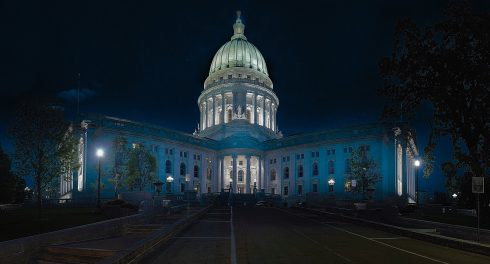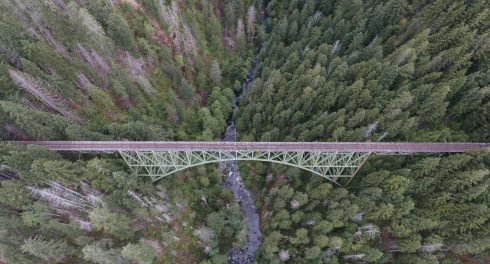
Photo: Unsplash
Transparency and accountability advocates are sailing in rough seas these days. We face geopolitical headwinds in the resurgence of authoritarian and illiberal regimes, as we navigate increasingly restricted civic spaces in an environment muddied by misinformation. Yet the same dangers that make our work more difficult also make it more critical.
Confronted with these challenges, many organizations are finding that progress requires a commitment to learning and adaptation. Learning can involve ways to better understand the politics or other dynamics of your context, borrowing lessons and insights from other contexts, or making sense of what results from your efforts. Adaptation calls for putting that learning into use in your work, for example by changing course as needed.
Adaptive learning—putting these two together—can take many forms. For some, it means better utilizing technology and data to support rapid decision-making. For others, reserving space for reflection helps them unpack and respond to complex political dynamics facing reformers. For still others, the co-creation of knowledge among a range of stakeholders, including researchers and practitioners, is critical to ensuring that the results are useful and used to create change. For most, adaptive learning is a combination of these and more.
The common ground across adaptive learning approaches formed the basis of a workshop held in New York in February. TAI convened a small, diverse group of organizations from around the world who share a desire to sharpen the principles and practices around adaptive learning to better weave it into the fabric of our work and programs. Our two-day workshop kicked off with co-assessment of adaptive learning in the transparency, accountability, and participation (TAP) sector, during which we figured out how our respective approaches relate and identified gaps; and then followed up with a co-design session of ways to further these principles and practices.
Over our two days together, the inherent role of politics and power in TAP work emerged as a central theme. Though much discussion of how adaptive learning affects organizational issues—such as better monitoring data, flexible planning, or internal communication practices—these approaches are often inseparable from how we manage contested political interests or the imbalances of power that privilege the knowledge of certain actors over others. Several related issues were raised in the workshop, though they defy easy resolution in two days.
Where we easily reached consensus is around the value of continuing the conversation and in articulating a shared vision for the future. Looking forward, we see a strong potential for a network of likeminded organizations that are integrating learning and adaptation as they navigate politics and power to promote more open and accountable governance. This network would both support the work of its diverse members and inform the broader TAP sector.
Stay tuned for a future post where a few of the workshop participants helping to carry these ideas forward will share how this network might come together and influence our community.


